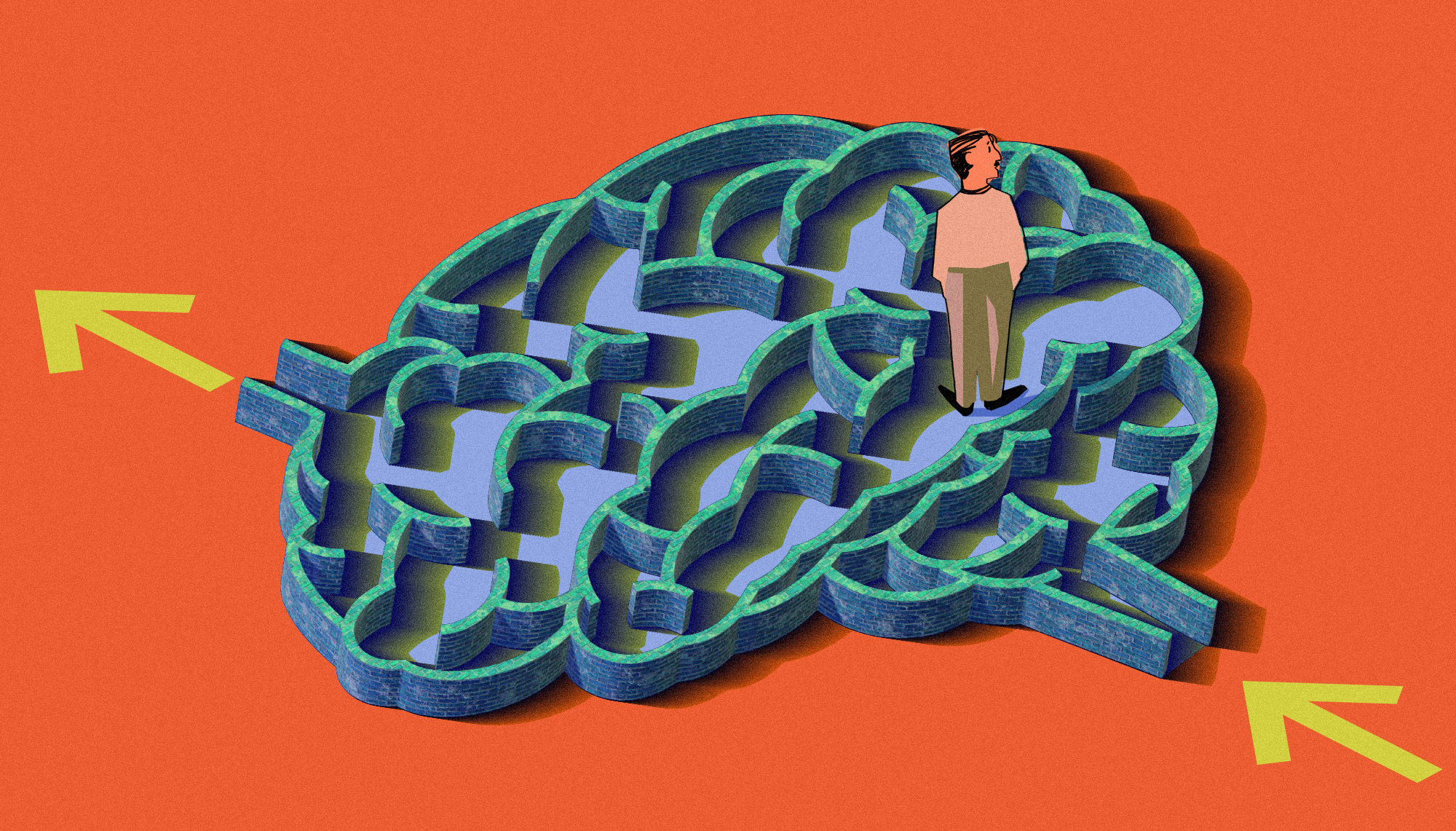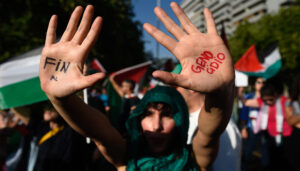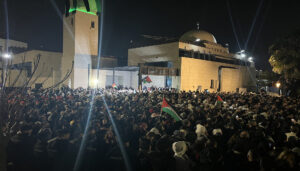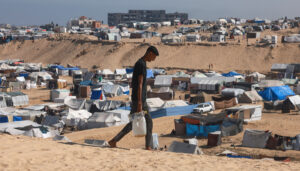Written by Jenny Ernst
We count the number of American soldiers lost in Iraq and shudder, but the number of Iraqi soldiers and citizens who have given their lives is often lost in translation. That country’s sorrow does not fully register with us, but the sting of unnecessary loss is felt across the Middle East as strongly as it is in the West. Death knows no national boundaries. Why does our ability to empathize vanish when it comes to feeling compassion for those different from ourselves?
I first stepped into the Middle East during the summer of 2004, and was immediately faced with a society, culture and religion that were inconsistent with my expectations. Everything I had heard or thought about the region was overwhelmingly negative – I anticipated that the people would be cold and the culture harsh. They would not welcome me as an American or as a Christian. It was a dangerous place and a region to be avoided.
But my actual experience has been remarkably positive. Initially, I was stunned by the generosity and hospitality; instead of judging me as a foreigner, people welcomed me into their homes and into their lives. Two and a half years have passed, but my first impressions have stood the test of time. As I dive deeper into what it means to be Arab, Muslim and Jordanian, I find the same benevolence, tenderness and warmth.
One person in particular has had a strong impact on shrinking my negative perceptions. Fatima is a lovely woman I am privileged to call teacher and friend. Every week, she sits with me for an hour and teaches me Arabic, but she has taught me far more than a language. She has taken me to her home and prepared feasts for my friends.
Her family has next to nothing, yet they offer it all without reservation. She possesses the most alive, deep and pure faith of anyone I know – Muslim or Christian. She has explained that she, as a Muslim, must respect all faiths and love all people. That was a new perspective for me. As a Christian, I have constantly been taught about the fallacies of other faiths. As an American, I have been taught that all Muslims think of us as unworthy infidels. We are unable to separate Muslim extremists from the Fatimas of the Arab world.
I was drawn to the Middle East by a desire to serve those living in poor housing conditions through Habitat for Humanity-Jordan. Habitat has served as a gateway to the heart of Arab society. Its unique role in the Middle East reaches far beyond providing families in need with adequate housing to actively bringing people from around the country and around the world together through volunteer programs. The gap between East and West lessens as volunteers from the West work alongside Arabs to build homes.
To Westerners who participate in the program, the Middle East is no longer simply a troubled spot on a map, but a place with people who have names, stories, families and dreams. To Jordanians, the West is now more than a President’s international policy. It is the home of their new friends – who traveled from afar to work with them to develop their community.
Like any society, Jordan has its problems. Many women are not allowed to work outside of the home. If caught in an inappropriate situation with a man, they are always to blame and are severely punished. Honor killings do exist. The driving is crazy. The pollution suffocates.
Though these things are frustrating and disappointing, they are no more unacceptable than stories of domestic abuse, gang violence and political corruption that are covered on local news in the United States. We all have room to grow.
Yet despite Jordan’s challenges, it is a peaceful country surrounded by continual regional unrest. Its population is varied and diverse. As in the West, some hearts have been broken by violence or tragedy, and some have grown numb, yet others still hold hope for a better future. People dream of a day when progress and mutual respect make the news more often than body counts. It’s a universal dream, but how do we realize that dream together?
The misunderstandings and lack of communication between our two worlds have resulted in hardened hearts. Can we forgive and forget, recognizing the immense prosperity that would result? We can and we must.
The road leading us to reconciliation and mutual respect is filled with people who are willing to step onto the other side and see what others see: that those we often fight against are actually fighting for the same things we are. Joy is joy, mourning is mourning, and living in peace is a desired end regardless of race, religion or nationality.
* Jenny Ernst works with Habitat for Humanity-Jordan’s national office in Amman. This article was originally published by the Common Ground News Service (CGNews). Visit them at www.commongroundnews.org. Copyright permission has been obtained for publication.










